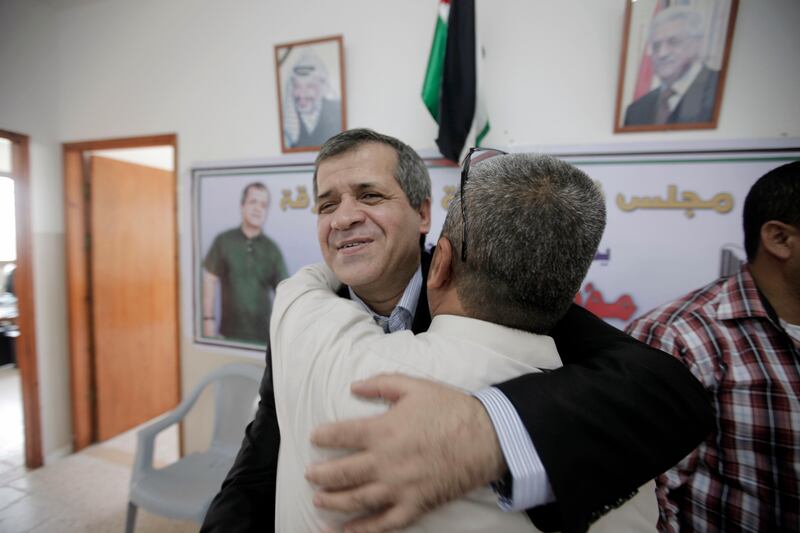A few hours ago, the Israeli Prison Service released 26 Palestinian prisoners, many of whom had spent more than two decades behind bars. Among those freed are the killers of Ian Feinberg, a young lawyer who was hacked to death in 1993 while working with a European aid group in Gaza, as well as the man convicted of murdering hikers Revital Seri and Ron Levy in 1984.
The release was vehemently opposed by right-wing parties Yisrael Beiteinu and Habayit Hayehudi, the latter of which attempted, unsuccessfully, to block it. CBS reported that over a thousand people protested the release on Monday, 50 of them in front of the West Bank prison where the 26 were being held. Habayit Hayehudi leader Naftali Bennett expressed his worries in typically evocative fashion: “Israel is going down a slippery slope. First, we released one terrorist for one soldier. Then 100 terrorists for one soldier, then 100 terrorists for a corpse, and now 100 terrorists for nothing.”

Bennett has a point, but, in a perilously obtuse way, he's also missing the point. Israel is indeed getting nothing concrete in return for this action, which is the second of four planned releases that began in August. It is intended, rather, as a show of badly-needed Israeli goodwill toward the Palestinians; the releases were a Palestinian precondition to the new round of peace talks that began during the summer.
This prisoner release would seem aninspiring validation of the process. Compromise is supposed to hurt;sacrifice is the essence of a successful negotiation. It's a prettynasty crew that the Israeli government set free today, and widespreadpublic outrage over the release should be an index of thenegotiators' seriousness.
It should be, that is to say, but it's not. The Jerusalem Post is reporting that the Israeli government has approved construction of 1,500 additional housing units in the East Jerusalem neighborhood of Ramat Shlomo—that is, a new Jewish settlement on the other side of the Green Line. Prime Minister Netanyahu is calling the new construction “compensation” for the prisoner release. U.N. Secretary General Ban Ki-Moon, for his part, condemned the new plans as “contrary to international law,” and Palestinian President Mahmoud Abbas denied that the construction was the result of any deal with the Israelis.
As Open Zion's Ali Gharib has previously documented in these pages, it's a unique institutional pathology of the Israeli government to announce new settlement construction on the eve of any new peace initiative. This malignant obduracy has also spread to the negotiating table: any illusions held by overoptimistic observers of the process were doubly dispelled by comments from PLO official Yasser Abed Rabbo, who told reporters that “the current Israeli negotiating position is the worst in more than 20 years.”
It was only a week ago that Haaretz quoted U.S. Secretary of State John Kerry as saying that meetings between the two delegations had taken on an “increased intensity.” Judging from Mr. Rabbo's comments, however, it seems that this intensity is hardly positive. The Israeli government's serial sabotage of peace negotiations has again exposed its supposedly magnanimous gestures to be thoroughly, transparently unconvincing.





